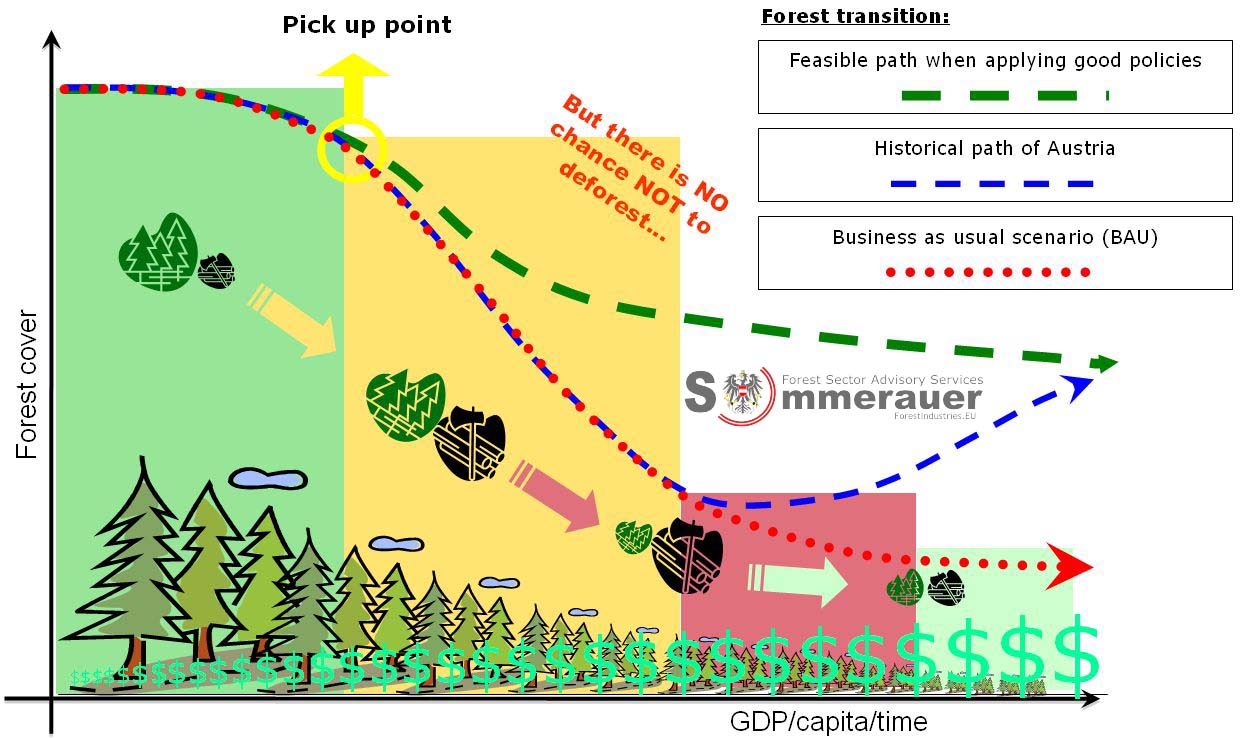In 2007, more than 50,000 fires raged through the Brazilian Amazon, reducing what were once lush rainforests to charred plains stretching to the horizon. Meanwhile, on the other side of the world, fires on the island of Borneo consumed millions of hectares of old-growth forests.
Curious about REDD?
Want to learn more about REDD?
If you want to learn more about REDD, than read on this page...
Some external reading
-
MUST READ! June 2012 - REDD+ status after RIO+20:
The Status of REDD: An interesting and informative collection of articles
-
Recarbonizing the earth
The case for reducing emissions of greenhouse gases is more compelling than ever. But it's also past time to begin drawing carbon out of the air...
-
WWF REDD Library
It's from WWF, nothing more to say, just follow the link!
-
REDD training materials
Reducing Emissions from Deforestation and forest Degradation (REDD) is a concept that has been gaining momentum in climate change policy negotiations both internationally and at the national level in capitals around the world. Yet despite the increasing levels of interest and activity in REDD, there is a great deal of confusion that still surrounds the concept...
-
The REDD-Net
New proposals to use international financial mechanisms to reduce carbon emissions from deforestation and degradation (REDD) have radical implications for the ways in which tropical forests...
-
The Little REDD+ book
Launched at the UNFCCC climate summit in December 2008 The Little REDD Book is a guide to the UN negotiations on Reducing Emissions from Deforestation and Degradation (REDD)...
-
The Eliasch Review
The Review aims to provide a comprehensive analysis of international financing to reduce forest loss and its associated impacts on climate change. It does so with particular reference to the international efforts to achieve a new global climate change agreement in Copenhagen at the end of 2009...
SCIDEV |
15 years 8 months ago
Below is a directory of terms used in the debate about reducing emissions from deforestation and forest degradation (REDD). Most of the terms have been reproduced from the UN University Institute of Advanced Studies (UNU-IAS), the Center for International Forestry Research (CIFOR), and the...
Pambazuka News |
15 years 8 months ago
All carbon is not created equal: One ton of carbon dioxide (CO2) generated in New York from several McDonalds burgers, for instance, clocking in at 16kg per 1kg of meat, is not the equivalent of one ton of CO2 emitted in a country like South Africa, where energy generated from coal provides...

